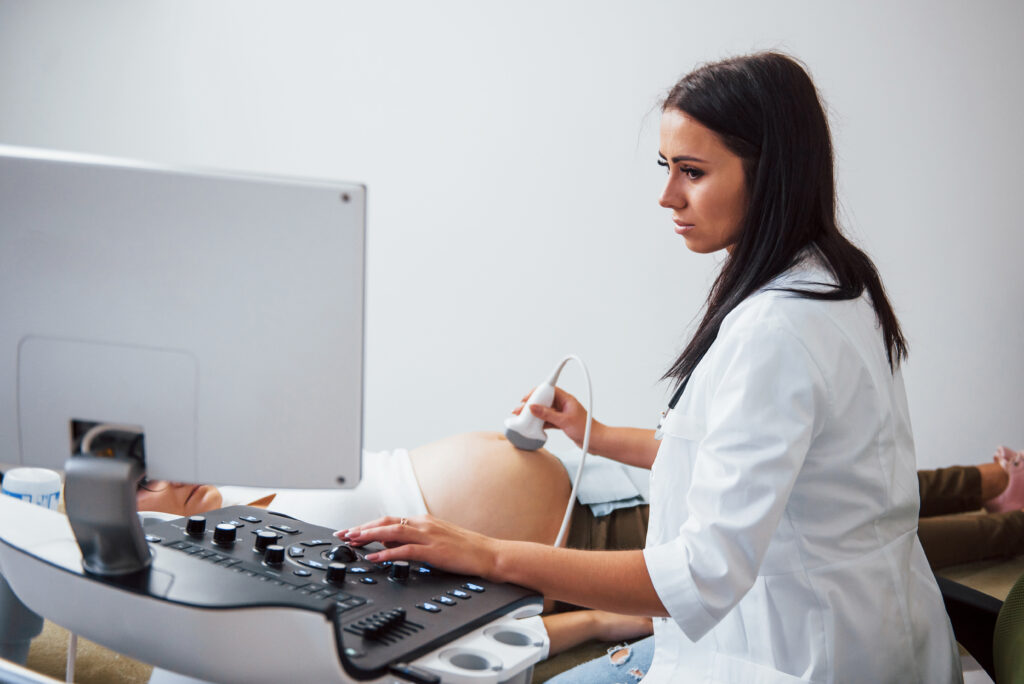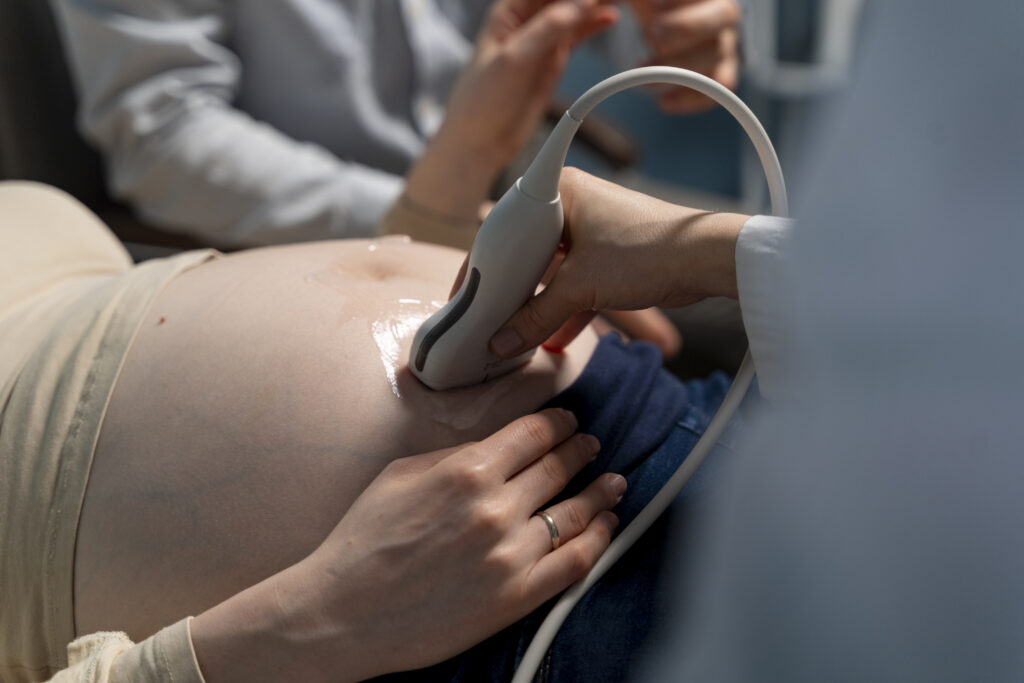Pregnancy is a journey filled with joy, excitement, and understandably, a bit of concern. One major concern for many expectant parents is the health of their baby. Thanks to medical advancements, early detection of potential genetic conditions has become safer and more accurate. One such breakthrough is Non-Invasive Prenatal Testing (NIPT) — a simple blood test that provides important insights into your baby’s health.
What is Non-Invasive Prenatal Testing (NIPT)?
Non-Invasive Prenatal Testing is a screening test done during pregnancy to check for certain chromosomal abnormalities in the developing baby. It analyses small fragments of fetal DNA that circulate in a pregnant mother’s blood. These fragments, called cell-free DNA (cfDNA), are shed from the placenta and can reveal important genetic information.

NIPT primarily screens for:
- Down syndrome (Trisomy 21)
- Edwards syndrome (Trisomy 18)
- Patau syndrome (Trisomy 13)
- Sex chromosome conditions (like Turner syndrome)
- Fetal sex (optional)
When is NIPT Done?
NIPT can be performed as early as the 10th week of pregnancy. It’s particularly recommended for women who are:
- Aged 35 and above
- Have a history of chromosomal conditions
- Received abnormal results from other prenatal screenings
- Carrying a pregnancy through IVF
However, many expectant mothers, regardless of age or risk factors, opt for Non-Invasive Prenatal Testing due to its high accuracy and safety.

How is NIPT Performed?
The procedure is simple and stress-free. A small blood sample is taken from the mother’s arm, and the fetal DNA is extracted and analyzed in a specialized laboratory. Since the test only requires a blood draw, there’s no risk to the baby, making it a safe option for screening.
Benefits of Non-Invasive Prenatal Testing
1. High Accuracy:
NIPT offers over 99% accuracy for detecting Down syndrome and other major trisomies.
2. Safe and Risk-Free:
Unlike invasive tests like amniocentesis or chorionic villus sampling (CVS), NIPT poses no risk of miscarriage or infection.
3. Early Results:
Because NIPT can be done from the 10th week onwards, parents get early reassurance or the information they need to make informed decisions.
4. Peace of Mind:
For many families, the clarity and confidence that comes with a reliable result bring much-needed peace during pregnancy.
5. Detection of Rare Conditions:
Some NIPT panels also check for rare chromosomal conditions and microdeletions, which are otherwise difficult to detect early.
Limitations of NIPT
While Non-Invasive Prenatal Testing is highly accurate, it’s still a screening test—not a diagnostic one. This means it can indicate the likelihood of a condition, but cannot confirm it. In cases of a positive result, further diagnostic testing like amniocentesis is required.
Also, NIPT may not be suitable in certain situations, such as:
- Multiple pregnancies (twins or more)
- Very high maternal weight
- Low fetal DNA fraction in maternal blood
It’s essential to discuss your medical history and options with your obstetrician or a fetal medicine specialist.
Why Choose Lifeline Hospital for NIPT in Kochi?
If you’re considering Non-Invasive Prenatal Testing in Kochi, Lifeline Hospital is the most trusted name in fetal medicine. With a state-of-the-art prenatal diagnostics center and a team of experienced obstetricians and fetal medicine experts, Lifeline offers compassionate, expert care every step of the way.
As the best fetal medicine hospital in Kochi, Lifeline is committed to providing parents with accurate, timely, and supportive services — from testing to counseling and follow-up care.

Preparing for Your NIPT Appointment
Before you go in for your NIPT, here are a few things to keep in mind:
- You don’t need to fast before the test.
- It’s a routine blood draw, so it takes only a few minutes.
- Results typically take 5 to 10 days to come back.
- Make sure to discuss the test with your doctor and clarify any concerns.
Conclusion
Non-Invasive Prenatal Testing is a revolutionary step in modern prenatal care. It empowers expecting parents with knowledge — safely, accurately, and early in pregnancy. While it’s not a replacement for diagnostic tests, it offers tremendous value in screening for common chromosomal conditions.
For safe, expert prenatal care and the most reliable Non-Invasive Prenatal Testing in Kochi, trust Lifeline Hospital – the best fetal medicine hospital in Kochi. Your baby’s health and your peace of mind are in the best hands.
Frequently Asked Questions about NIPT
Is NIPT the same as an ultrasound?
No. NIPT is a blood test that analyses fetal DNA, while an ultrasound creates images of the baby inside the womb.
Can NIPT detect all genetic disorders?
No, NIPT only screens for common chromosomal conditions. It cannot detect all possible genetic disorders or birth defects.
Will NIPT tell me the baby’s gender?
Yes, if you choose to know. NIPT can accurately determine the baby’s sex as early as 10 weeks.
What should I do if my NIPT result is positive?
If NIPT indicates a possible condition, your doctor will guide you toward confirmatory diagnostic tests and genetic counseling.
Is NIPT covered by insurance?
Coverage varies depending on your location, policy, and risk factors. It’s best to check with your insurance provider or the hospital’s billing team.

